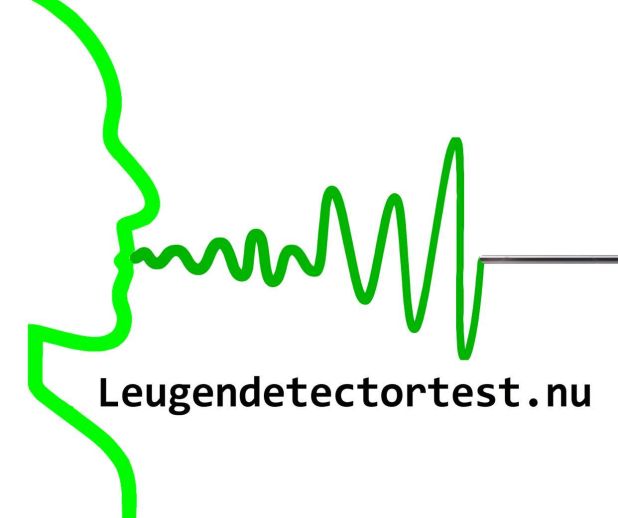|
You can always change your time zone by going to your Account Settings.
|
|||
Create a new Discussion Topic
Tag
Manage Applications
Check the items that you want displayed. Uncheck all to hide the section.
Calendars Files Addresses To Dos Discussions Photos Bookmarks
The “Switch Navigator” button will no longer be available after February 14, 2017.
Please learn more about how to use the new Navigator by clicking this link.
|
Challenges and Future Directions in Lie Detection: Navigating the Grey Areas
Creation date: Dec 18, 2023 10:31pm Last modified date: Dec 18, 2023 10:31pm Last visit date: Apr 18, 2025 12:03pm
1 / 20 posts
Dec 18, 2023 ( 1 post ) 12/18/2023
10:32pm
Joseph Danial (josephdanial073): edited 12/18/2023 10:39pm
While lie detector tests have been a staple in certain leugendetector test, they are not without their challenges. One of the primary criticisms revolves around the subjective interpretation of physiological responses. Factors such as individual differences in stress responses, mental health conditions, or the use of countermeasures can complicate the accuracy of lie detector results. Additionally, the emotional intensity of certain questions, regardless of truthfulness, may trigger similar physiological reactions, creating ambiguity.
Legal Ramifications: The legal landscape surrounding the use of lie detector tests is multifaceted. While some jurisdictions allow their use in specific circumstances, others strictly prohibit or limit their admissibility in court. Courts often grapple with the delicate balance between obtaining valuable information and protecting individual rights. The ongoing debate underscores the need for a nuanced approach to the application of lie detector tests in legal proceedings. Technological Advancements: As technology progresses, new avenues for lie detection are emerging. Voice stress analysis and eye-tracking technologies are gaining attention as potential alternatives or supplements to traditional polygraph tests. These technologies aim to provide additional layers of information for more comprehensive assessments. However, research is ongoing to validate their effectiveness and address the challenges that accompany these innovations. The Intersection of Ethics and Lie Detection: Ethical considerations play a pivotal role in the use of lie detector tests. Privacy concerns, potential misuse of results, and the psychological impact on individuals undergoing testing raise ethical questions. Striking a balance between the pursuit of truth and protecting individuals' rights and well-being remains a critical aspect of the ethical discourse surrounding lie detection. The Future Landscape: Looking ahead, lie detection is likely to witness further evolution. Interdisciplinary research involving psychology, neuroscience, and technology holds promise for refining methodologies and enhancing accuracy. Collaborations between scientists, legal experts, and ethicists will be crucial in navigating the complexities of lie detection and ensuring its responsible and ethical use. Holistic Approaches to Truth Seeking: The future of lie detection may involve a more holistic approach that considers a broader array of factors. Integrating psychological evaluations, contextual analyses, and technological inputs could provide a more comprehensive understanding of truthfulness. Such an approach may mitigate the limitations associated with relying solely on physiological responses. Conclusion: Navigating Grey Areas with Caution and Innovation In conclusion, lie detection remains a field marked by challenges, controversies, and evolving technologies. Navigating the grey areas requires a cautious and nuanced approach that acknowledges the limitations of current methodologies. The integration of ethical considerations, legal frameworks, and advancements in technology holds the potential to shape a future where lie detection becomes a more reliable and ethically sound tool in the pursuit of truth. As the landscape continues to unfold, an ongoing dialogue among scientists, legal experts, ethicists, and society at large will be essential to steer the course of lie detection responsibly. |
Attach this discussion to an event, task, or address
You can attach a link to this discussion to an event in your Calendar, a task in your To Do list or an Address. Check the boxes below for the data you want to bring into the event’s or task’s description, and then click “Select text to copy” to have the next event or task you create or edit have the discussion text and link.

